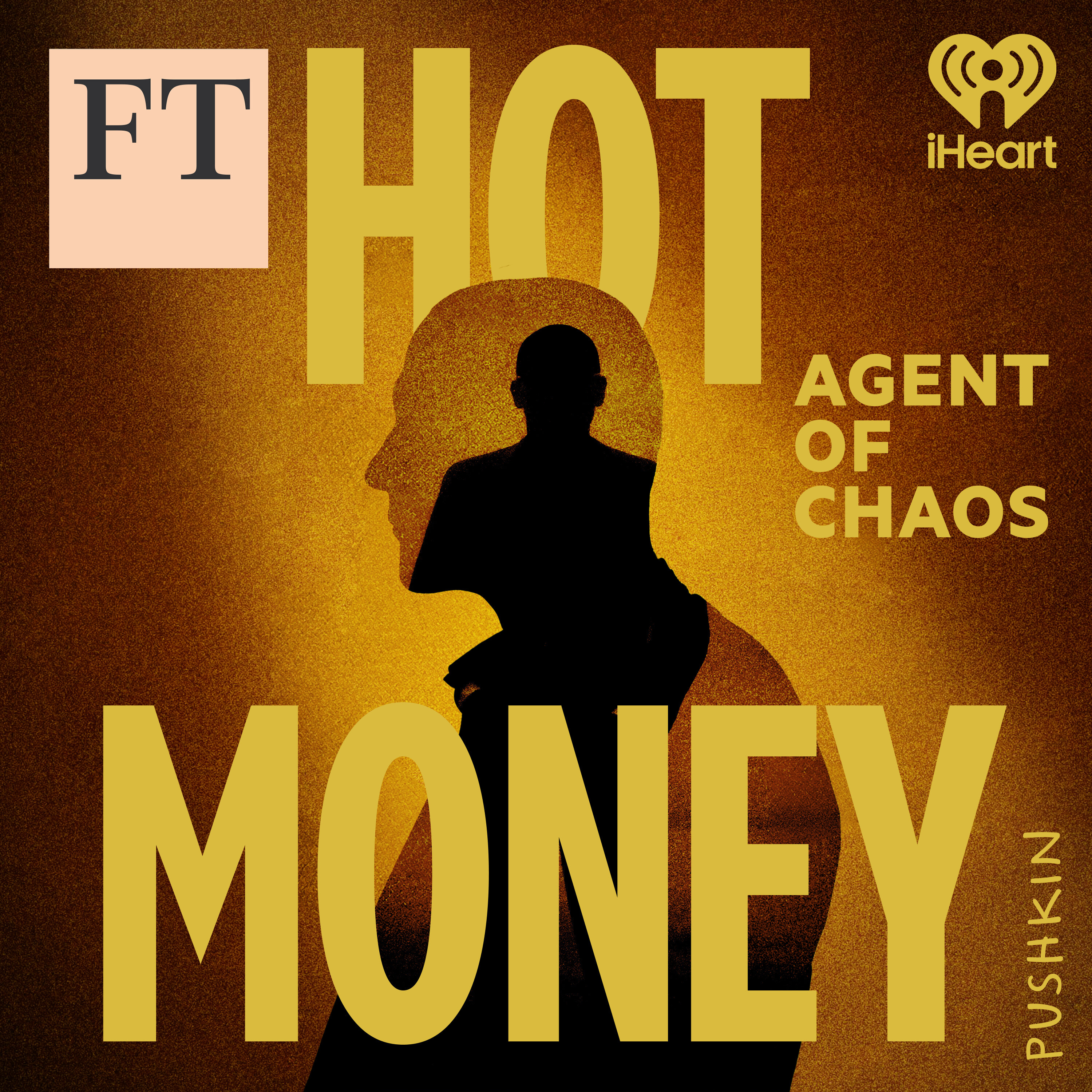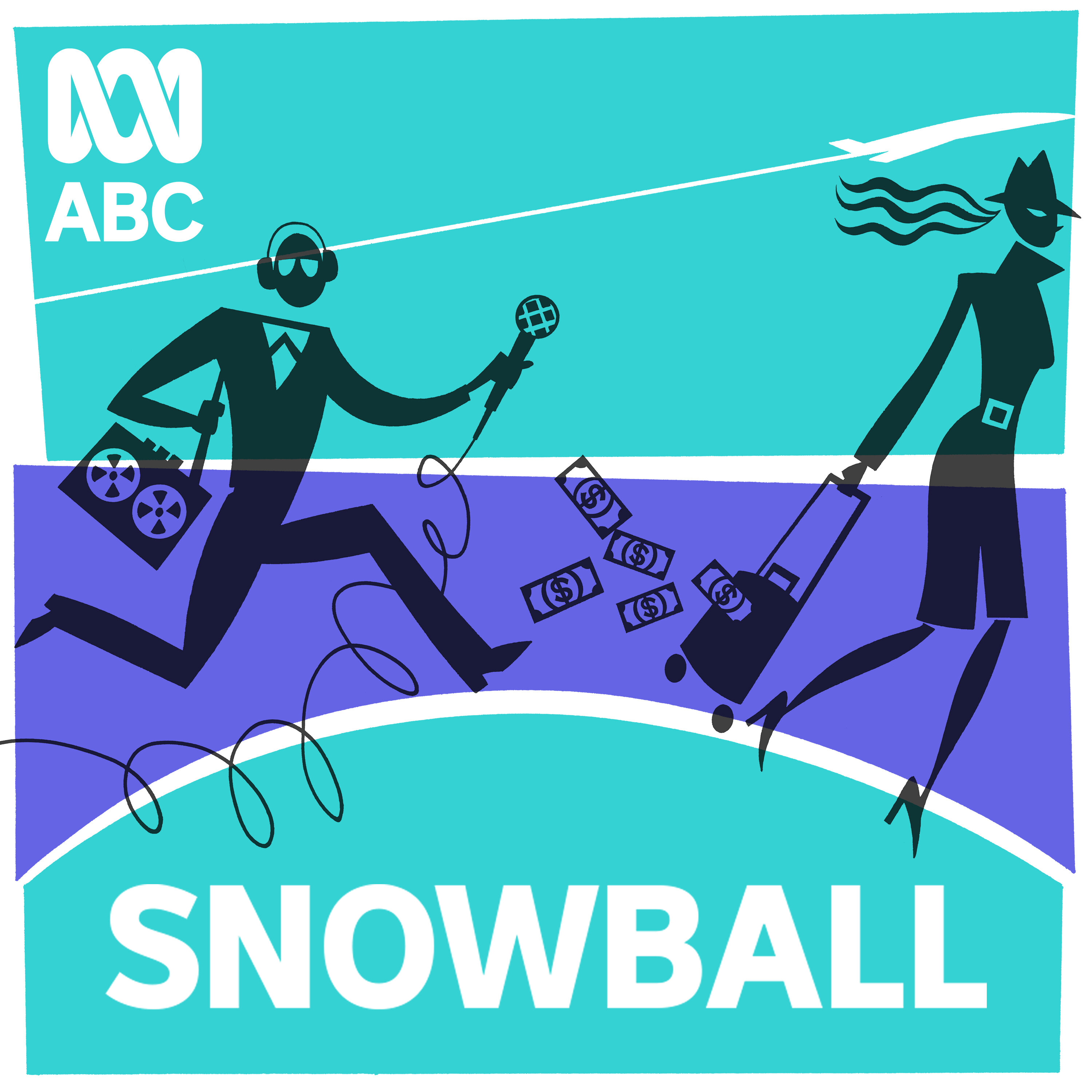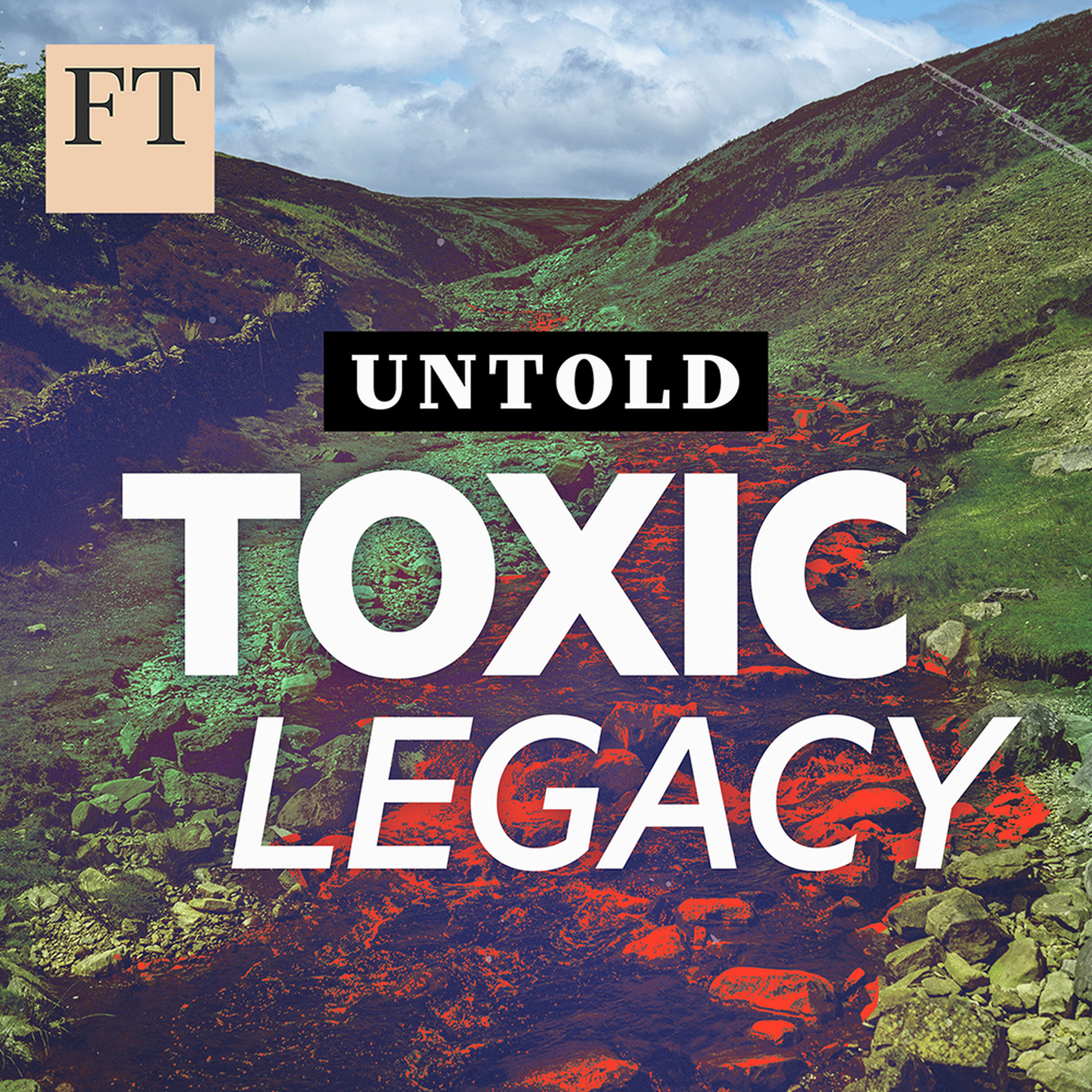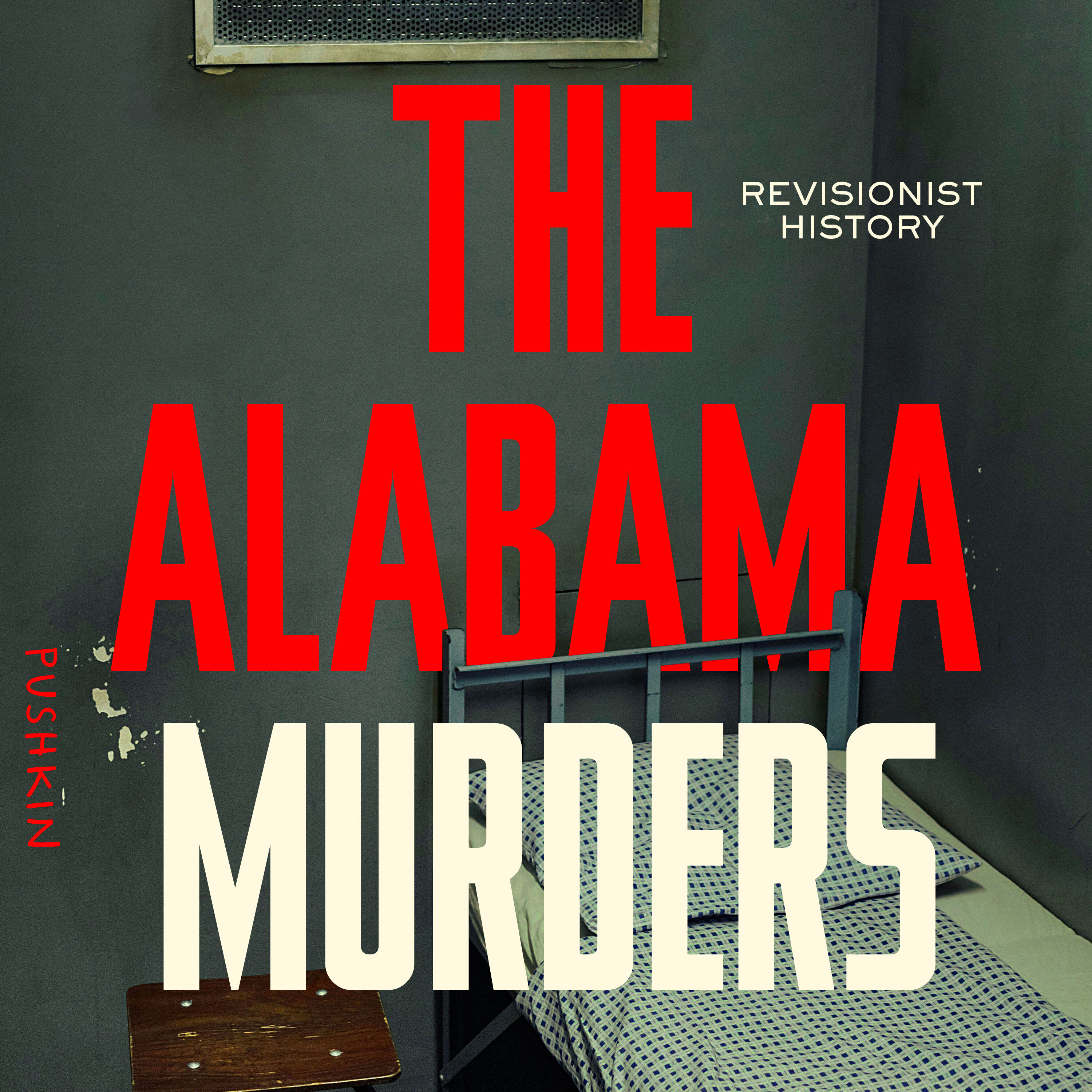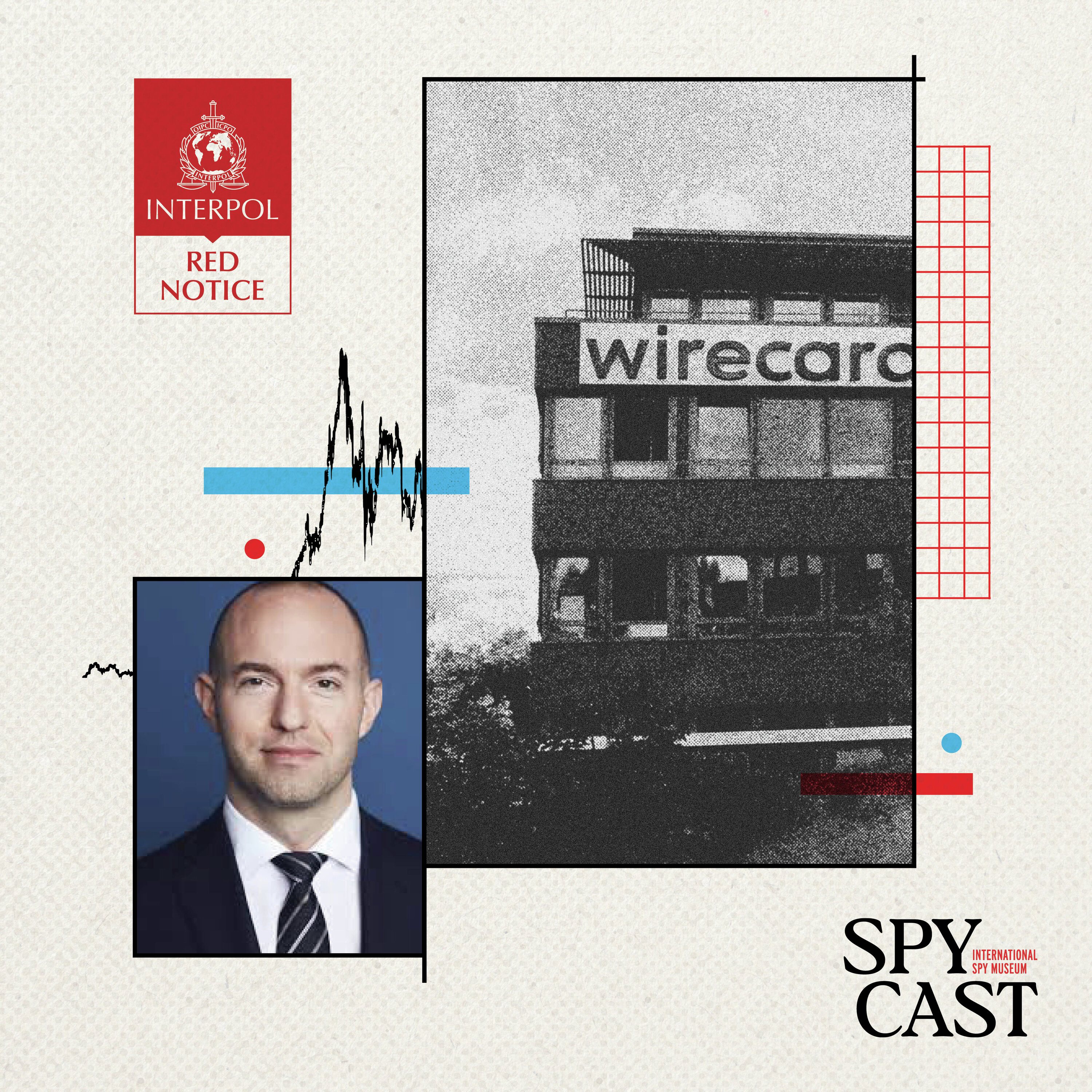Episode 1: The Bribe
A series of clandestine lunch meetings leads Sam’s editor to send him off to Vienna, in search of one man.
Get ad-free access to the entire season of Hot Money: Agent of Chaos by subscribing to Pushkin+ on Apple Podcasts or Pushkin.fm. Access ad-free episodes, exclusive binges, full audiobooks, and bonus content for all Pushkin shows with Pushkin+.
Subscribe on Apple: apple.co/pushkin
Subscribe on Pushkin: pushkin.fm/plus
See omnystudio.com/listener for privacy information.
Press play and read along
Transcript
Transcript is processing—check back soon.
Hot Money: Agent of Chaos — Episode 1: The Bribe
